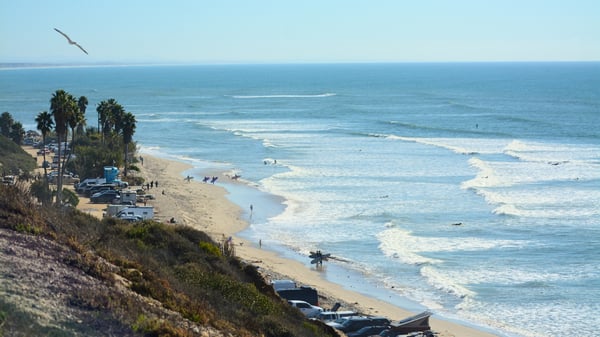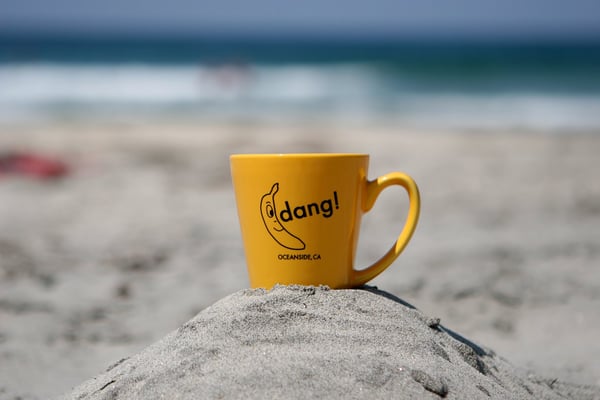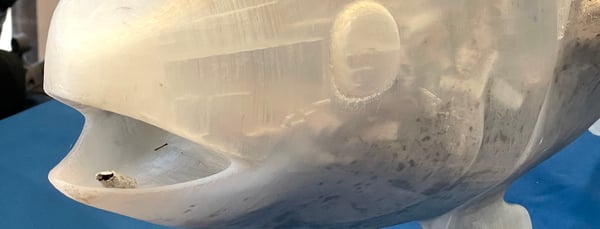
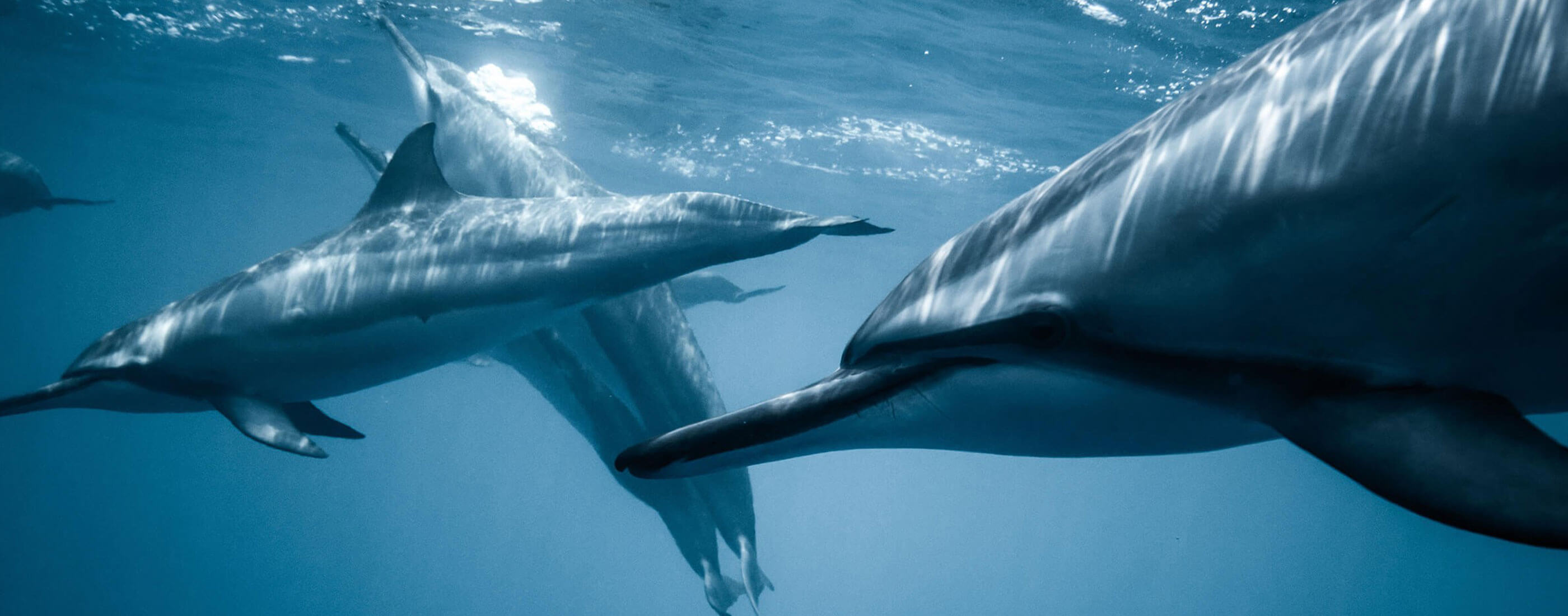
Ocean Protection
Our Ocean Faces Growing Challenges
Our ocean faces growing challenges from pollution, habitat loss, development, fishing and climate change. If that wasn’t enough, expanding industries such as offshore oil drilling, renewable energy, shipping, and aquaculture threaten to crowd our oceans and degrade the health of the ecosystem.
The Surfrider Foundation works to protect our ocean and address the dangers to it, today and in the future. Our Ocean Protection Initiative includes grassroots campaigns to establish and support Marine Protected Areas (MPAs), oppose new offshore oil drilling and seismic testing, participate in regional ocean planning, and ensure renewable ocean energy does not damage our ocean.
The Surfrider Foundation takes a proactive approach to conservation and addresses it through four core areas.
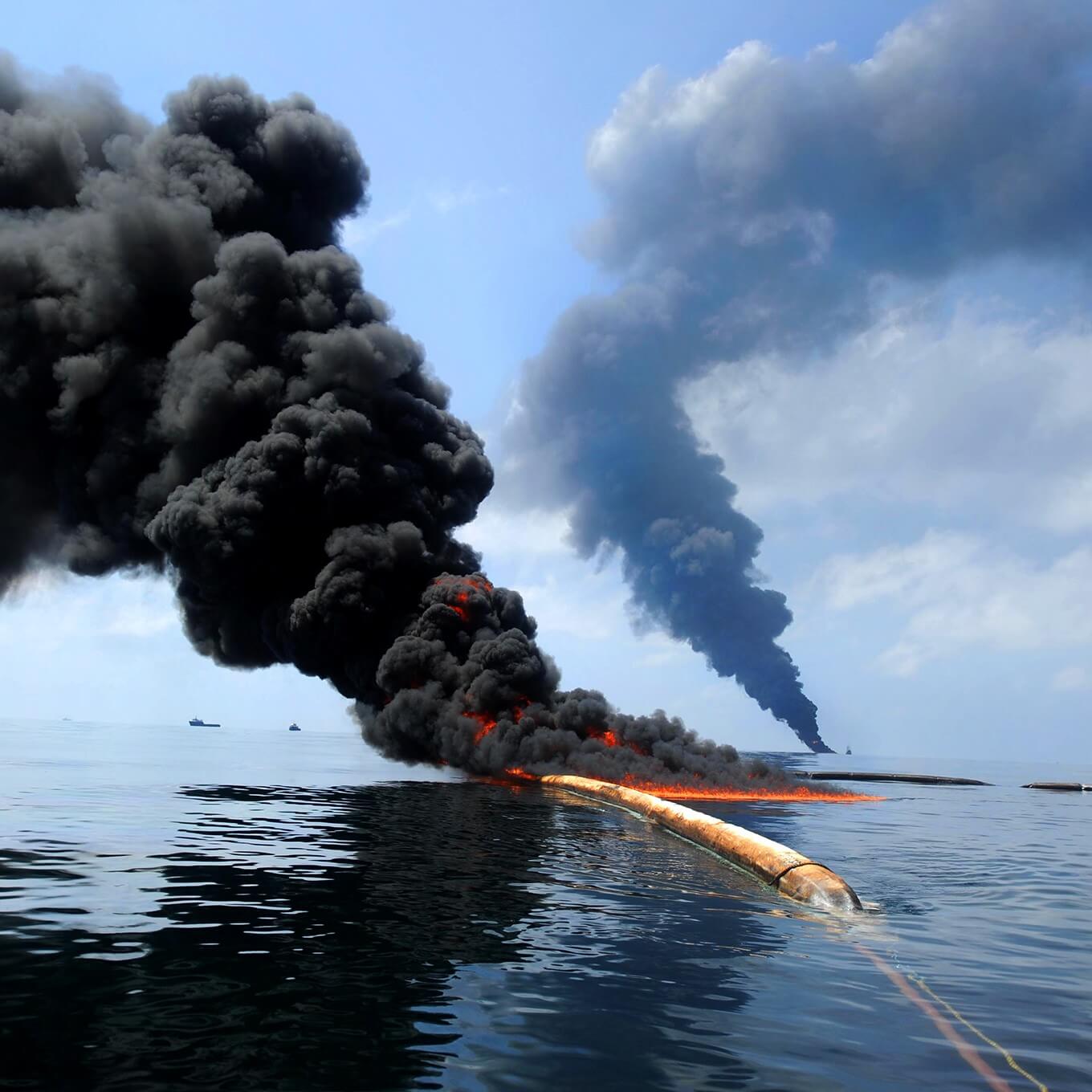
Offshore Drilling
Offshore oil drilling is a mechanical process where the ocean floor is drilled in efforts to search for and extract petroleum that lies beneath the seabed. Our ocean, waves and beaches are vital recreational, economic and ecological treasures that are put at risk by offshore oil drilling. The Surfrider Foundation is focused on protecting our coasts from the risky practice of offshore oil drilling through grassroots advocacy at the federal and state levels.
Instead of advocating for transient and environmentally harmful ways to meet America’s oil needs, Surfrider believes we should seek a comprehensive and environmentally sustainable energy plan that includes energy conservation. That's why Surfrider is advocating for #NoNewLeases in the next 5-year offshore drilling plan.
Surfrider's Stop Offshore Drilling campaign is focused on protecting our coasts from the risky practice of new offshore drilling through grassroots advocacy at the federal and state levels. The long-term goal of our Not the Answer campaign is to reinstate the federal moratorium on new drilling that was in place for decades until President Bush lifted it in 2008 and Congress subsequently allowed a federal ban on drilling to expire.
Marine Protected Areas
Marine Protected Areas (MPAs) function as safe havens for marine life, where the ocean can rebuild and restore itself. Marine Protected Areas help marine ecosystems withstand the impacts of pollution, development, over fishing and climate change. Surfrider Foundation engages in both the planning and implementation of MPAs and fully protected marine reserves around the country.
By providing outreach to ocean users and by engaging citizens in planning and stewardship efforts, our chapters play an important role in ensuring the long-term success of MPAs.
As a grassroots organization, Surfrider is engaged in both the planning and implementation of MPAs and fully protected marine reserves around the country. Marine protected areas protect some of the best surfing spots in the country, from the California coast to the Hawaiian Islands and from the Florida Keys to Oregon. These underwater parks enhance the overall experience of a variety of coastline activities by protecting biodiversity, wildlife abundance, and scenic viewsheds. Thriving protected areas provide a richer environment for kayaking, diving, tidepooling and birdwatching.
Ocean-lovers from all walks of life came together to create marine protected areas because MPAs have been proven to enhance the resilience of ocean ecosystems to withstand cumulative impacts of human and natural stressors (e.g., pollution, coastal development, fishing pressure, climate change, etc.). Experience from around the world shows that the success of MPAs depends in part on local understanding and support for the designation. By providing outreach to ocean users and engaging citizens in planning and stewardship efforts, Surfrider chapters play an important role in ensuring the long-term success of these designations.
To read Surfrider Foundation’s Position Statement on Marine Protected Areas please click here. For more information on California’s MPAs, click here and view a map here.
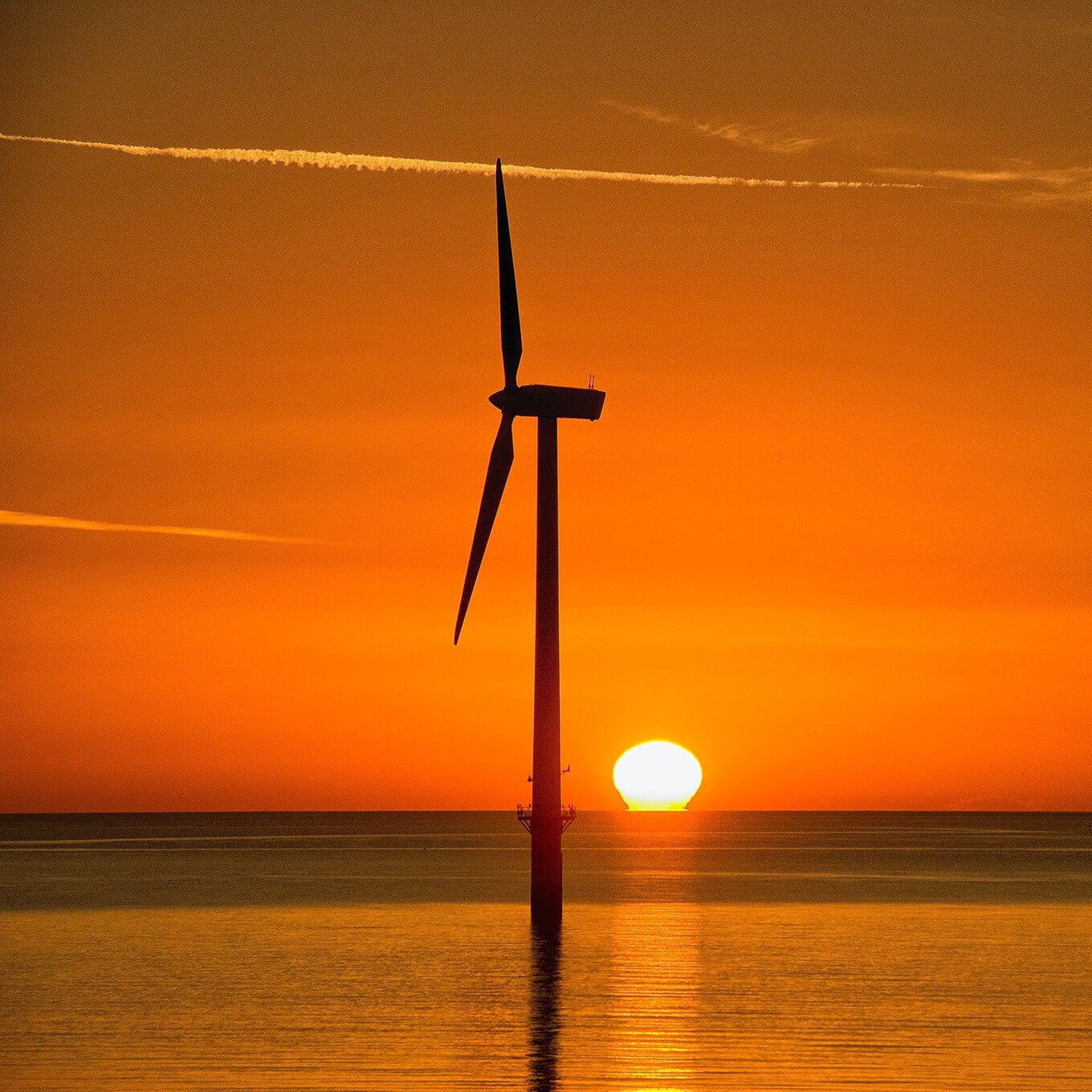
Renewable Ocean Energy
In recent years, there has been great interest in the development of renewable, non-polluting ocean energy which refers to sustainable means of generating electrical power that do not involve burning fossil fuels sources including wind, waves, tides and ocean currents. Numerous projects have been proposed – and in some cases implemented – throughout the U.S. and world, encompassing a broad range of designs and locations.
The Surfrider Foundation recognizes that technologies that utilize ocean waves, tides, currents and wind may offer important benefits as renewable sources of energy that will reduce emissions of greenhouse gases. These alternative energy sources may also provide economic development through a cutting-edge industry for coastal communities.
Surfrider also recognizes that there are many questions and concerns about ocean energy, including potential impacts to ocean recreation, nearshore ecology, coastal processes, public safety, aesthetics, and fishing access. We have developed a Policy on Renewable Ocean Energy that articulates as set of ‘best practices’ for evaluating or planning for potential projects.
Regional Ocean Planning
Regional Ocean Planning – is a public process that brings together different ocean stakeholders– including recreation, conservation, fishing, energy and government– to make informed decisions about how to use the ocean sustainably. Ocean planning reduces conflict among different uses, protects the natural environment and provides clear guidelines for private industry and developers. The Surfrider Foundation is a key stakeholder in ocean planning efforts, making sure recreational ocean users are heard in the public process.
Across the country, states and regions are beginning to use marine spatial planning to address the many competing uses off their coasts. In particular, ocean planning is being used to identify locations for renewable energy projects that will reduce impacts on the environment and existing users (e.g., surfers, fishermen).
The Surfrider Foundation believes that MSP provides an important opportunity to protect 'special places' such as ecological and recreational areas before they are threatened by potential development. On the West Coast, New England, and the Mid-Atlantic, Surfrider Foundation chapters are emerging as a key stakeholder in MSP efforts, representing recreational ocean users in the public planning process.
Surfrider's engagement in ocean planning includes:
- Conducing public outreach on the planning process
- Representing coastal recreation users and promoting their participation
- Mapping coatal recreational use and collecting economic data
- Urging Congress to support and fund the National Ocean Policy
- Participating in dialogue with other ocean sectors (fishing, energy, etc.)
Resources
Marine Protected Areas:
-
Policy and longer Position Statement on Marine Protected Areas
Ocean Energy Issues:
- Policy on Offshore Oil Drilling
- Policy on Renewable Ocean Energy
- Not the Answer campaign page
- Beachapedia Article: Offshore Oil Drilling
- Beachapedia Article: Renewable Ocean Energy
Regional Ocean Planning:
Recreation Studies:
Regional Ocean Conservation Programs:
For more information or questions:
Pete Stauffer, Ocean Protection Manager
pstauffer@surfrider.org
Recent News
Ways To Get Involved
Volunteer
Join our network and help us tackle the issues that face our ocean, waves and beaches.
